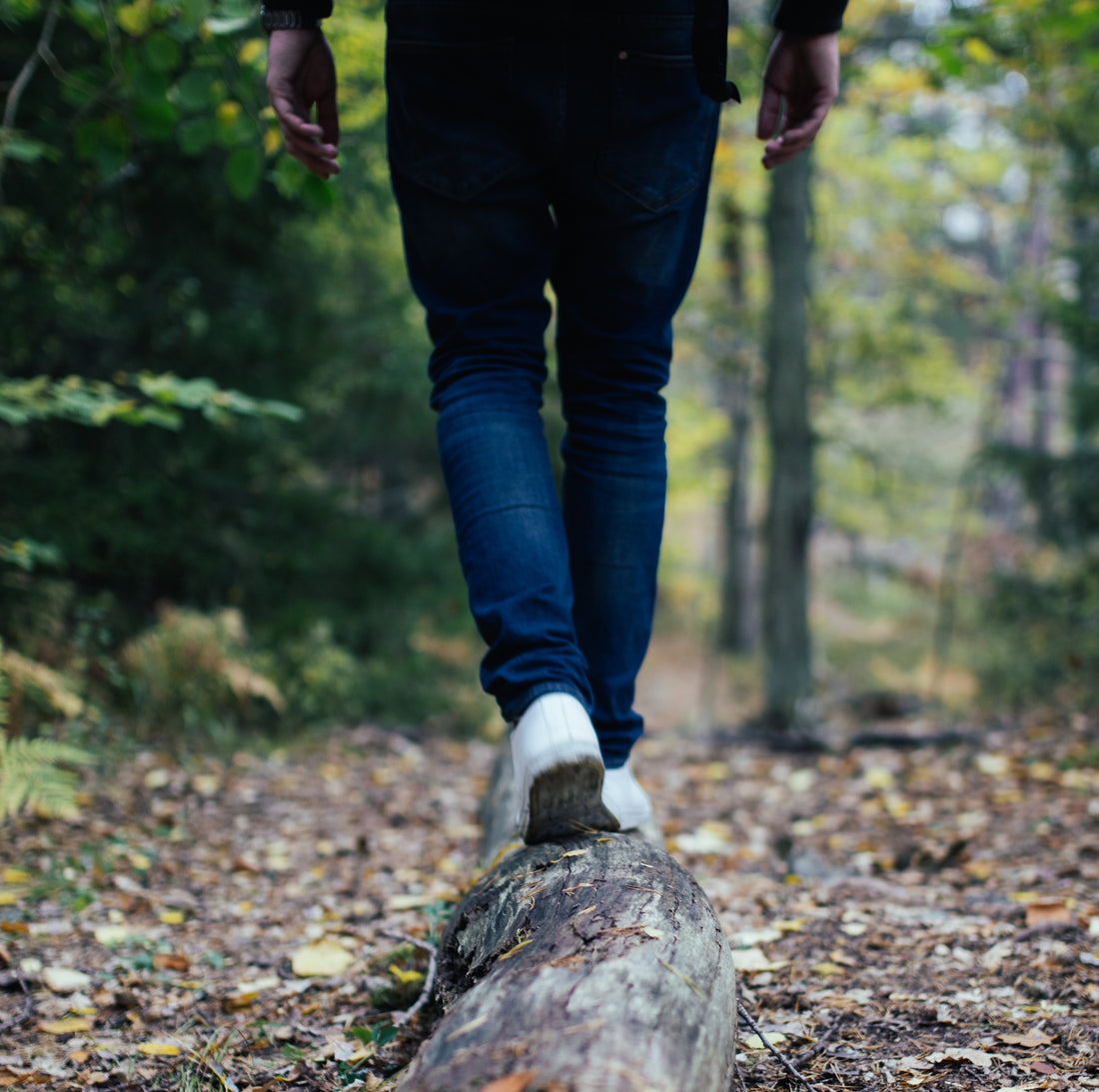Does it ever seem like there are a lot of magical benefits to CBD, and not a lot of science behind it? Truth be told, there is a lot of misinformation about CBD floating around. To clear up some of the most common questions, we rounded up the most important questions and answered them.
What is CBD?
Cannabidiol, or CBD for short, is a non-intoxicating compound found in hemp known as a cannabinoid. Because it is non-intoxicating, we get to benefit from CBD without the side-effect of "getting high". This has made CBD a popular, natural option for conditions such as chronic pain, epilepsy, and others.
Because of how it is absorbed by the body, CBD provides natural pain, stress, and anxiety relief. CBD can be used for specific applications, such as joint or muscle pain, and for overall wellness effects.
Methods of CBD consumption include:
- Inhalation: vape pens
- Ingestion: food and drinks
- Sublingual: tinctures and oils
- Topical: soaks, balms, or oils
How CBD Works
As a fair warning, this is about to get a little technical but stick with it. We believe in you.
The Endocannabinoid System
CBD and all cannabinoids interact with the Endocannabinoid System inside the body. The Endocannabinoid System, or EC System, is used to maintain homeostasis, the critical balance and regulation of biological processes we need to survive. It's kind of a big deal.
For example, when you're stressed, the body produces cortisol, a hormone that helps you decide between fight or flight. The EC System helps to bring that cortisol level down after the danger is over.
Cannabinoids are actually produced inside your body and support critical biological functions like muscle function, pain perception, emotional response, and more. There are many types of cannabinoids, and each one interacts with the body in a different way.
CBD, the EC System, and You
CBD works by mimicking the already naturally-occurring cannabinoids in your body and interacting with cannabinoid receptors. Supplementing the body's natural supply of cannabinoids with CBD brings the body back into balance.
When you use a CBD product, the EC System receptors in your body are activated and begin to respond. EC System receptors are found in the central nervous system (the spine and brain) and in the peripheral nervous system (the skin).
When CBD is applied topically, it affects the receptors found in the skin and is not absorbed into the bloodstream. Because of the high number of receptors in the skin, topical CBD applications can actually make the pain go away instead of simply masking it as typical over-the-counter pain relief creams do.
Each person's EC System is a little bit different, like a fingerprint, and some people may have different experiences with CBD than others. Your mileage may vary!

Common Questions about CBD
Is CBD legal?
Yes, CBD is federally legal in the United States after the passage of the 2018 Farm Bill. The DEA (Drug Enforcement Agency) ruled that CBD derived from hemp is no longer a Schedule 1 controlled substance or drug. However, state-by-state adoption of this policy varies. Check with your state government to find out the exact legal status of CBD in your area.
While the FDA (Food and Drug Administration) has not yet legalized CBD for sale as a supplement, the agency has made it easier for more researchers to conduct studies. Additionally, the WHO (World Health Organization) has provided data and the position that CBD is safe for consumption.
"Will CBD get me high?"
CBD is non-intoxicating, so it won't get you high. There are no psychoactive effects.
"Will CBD cause me to fail a drug test?"
The short answer to this question is "probably not." But it's a bit more complicated than a yes or no question.
It is unlikely that CBD alone will cause someone to fail a drug test. First of all, most employers are testing for THC, and not for CBD. But, there are also a lot of dependencies including where your CBD has been sourced, the type and frequency of product used, and the type of drug test being administered.
At Rest Day, we only use hemp-derived CBD with less than 0.3% THC. We can't legally ensure that a drug test result will not show a false positive. However, we can promise that our products will always use non-detectable amounts of THC per industry testing standards.
What's Next?
Now that you know some of the basics of CBD and how it works, we want to know: Have you tried CBD and noticed an effect? Let us know about your experiences in the comments.
For both beginners and experienced CBD users, we recommend our CBD Recovery Soaks!


1 comment
Muchas gracias. ?Como puedo iniciar sesion?